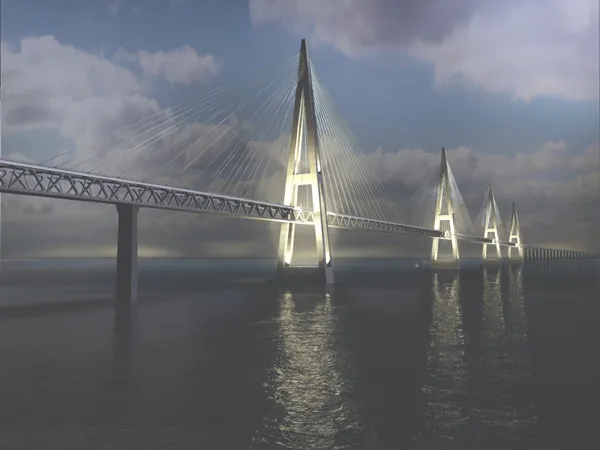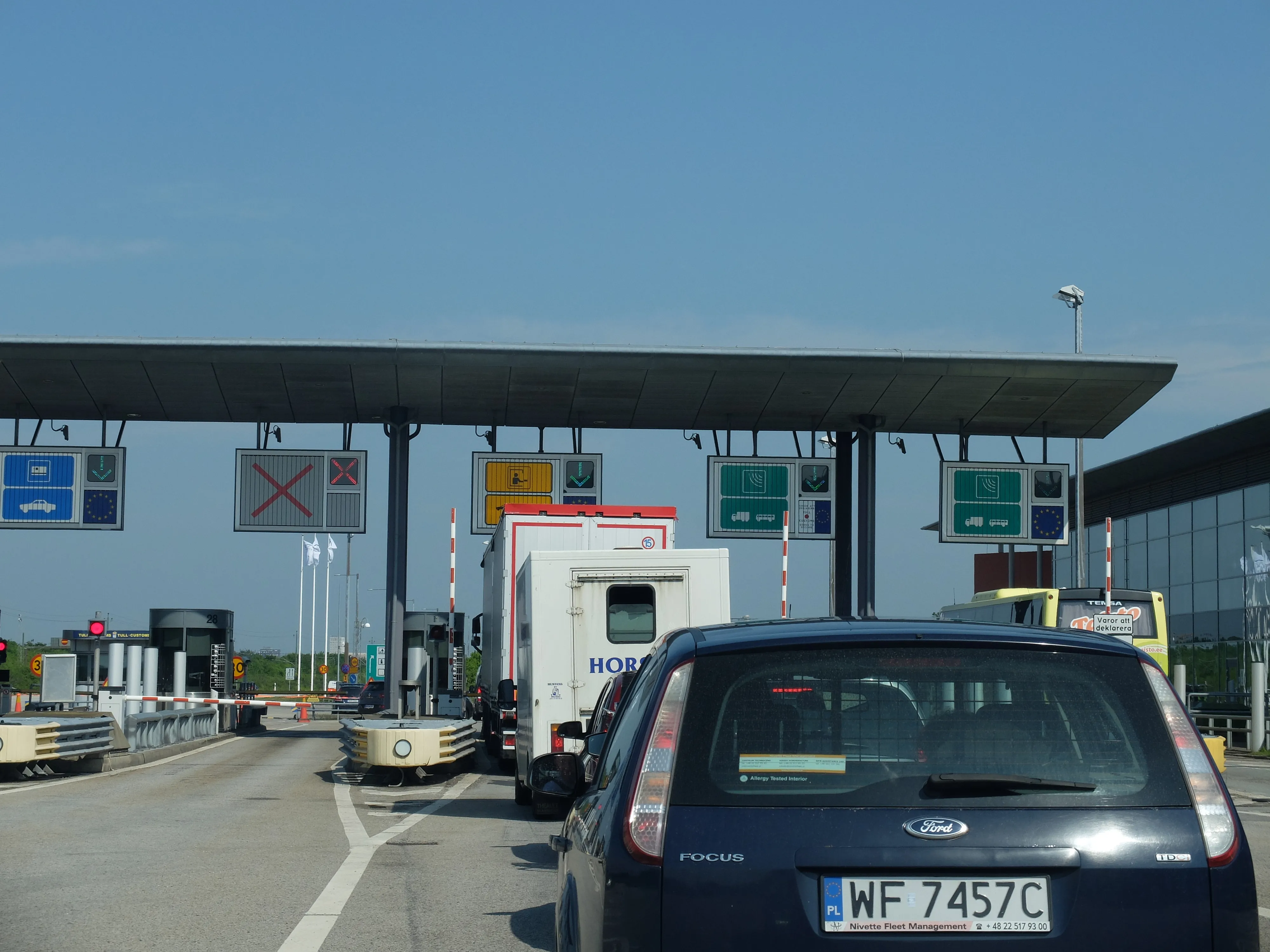The Danish political parties behind the Fehmarnbelt link have mandated Femern A/S to appoint preferred bidders for the main tunnel work in order to enter into conditional contracts no later than mid-May.
Femern A/S is the Danish government-owned company managing the Fehmarn Belt immersed tunnel project between Denmark and Germany.
The project was approved by the Danish parliament in April last year. It is supposed to be built, owned - apart from the German land works - and operated by Femern A/S, a su
March 14, 2016
Read time: 3 mins
The Danish political parties behind the Fehmarnbelt link have mandated 4782 Femern A/S to appoint preferred bidders for the main tunnel work in order to enter into conditional contracts no later than mid-May.
Femern A/S is the Danish government-owned company managing the Fehmarn Belt immersed tunnel project between Denmark and Germany.
The project was approved by the Danish parliament in April last year. It is supposed to be built, owned - apart from the German land works - and operated by Femern A/S, a subsidiary of Sund & Bælt Holding, and financed by loans guaranteed by the Danish government.
A statement from Femern A/S said that “conditional contracts” means that final binding contracts will be signed with the contractors but site work will start only after the German construction permit is in place. Conditional contracts are expected to be signed sometime in May.
The contracts are valid until the end of 2019 with the option to renegotiate at that time.
Last year the German state of Schleswig-Holstein indicated that permission for the project, which focusses on a 17km immersed road and rail tunnel, will probably be given in 2017. But German environmental organisations will likely bring the issue before the courts, a move that could delay the project’s final approval.
Controversy has surrounded the estimated final cost of the project that likely will come in around €8.6 billion. Completion of the project might be delayed from 2021 to 2027.
The Fehmarn Belt Fixed Link will connect the German island of Fehmarn with the Danish island of Lolland. The 17km tunnel, including two railway tunnels, two motorway tunnels and an emergency tunnel, will cross the Fehmarn Belt, or Fehmarn Strait, in the Baltic Sea.
Earlier reports have suggested that Denmark alone is likely to foot the project’s bill for the tunnel project while Germany will pay for only access roads and other connections on its territory.
World Highways reported in February that the Danish government was talking to contractors over the latest rise, a jump of €1.2 billion, in cost estimates for entire project. Contractors estimated an extra €295.5 million will be needed. This is in addition to a statement last November by the contracting company Femern saying that costs had risen nearly by €900 million.
Femern A/S is the Danish government-owned company managing the Fehmarn Belt immersed tunnel project between Denmark and Germany.
The project was approved by the Danish parliament in April last year. It is supposed to be built, owned - apart from the German land works - and operated by Femern A/S, a subsidiary of Sund & Bælt Holding, and financed by loans guaranteed by the Danish government.
A statement from Femern A/S said that “conditional contracts” means that final binding contracts will be signed with the contractors but site work will start only after the German construction permit is in place. Conditional contracts are expected to be signed sometime in May.
The contracts are valid until the end of 2019 with the option to renegotiate at that time.
Last year the German state of Schleswig-Holstein indicated that permission for the project, which focusses on a 17km immersed road and rail tunnel, will probably be given in 2017. But German environmental organisations will likely bring the issue before the courts, a move that could delay the project’s final approval.
Controversy has surrounded the estimated final cost of the project that likely will come in around €8.6 billion. Completion of the project might be delayed from 2021 to 2027.
The Fehmarn Belt Fixed Link will connect the German island of Fehmarn with the Danish island of Lolland. The 17km tunnel, including two railway tunnels, two motorway tunnels and an emergency tunnel, will cross the Fehmarn Belt, or Fehmarn Strait, in the Baltic Sea.
Earlier reports have suggested that Denmark alone is likely to foot the project’s bill for the tunnel project while Germany will pay for only access roads and other connections on its territory.
World Highways reported in February that the Danish government was talking to contractors over the latest rise, a jump of €1.2 billion, in cost estimates for entire project. Contractors estimated an extra €295.5 million will be needed. This is in addition to a statement last November by the contracting company Femern saying that costs had risen nearly by €900 million.







